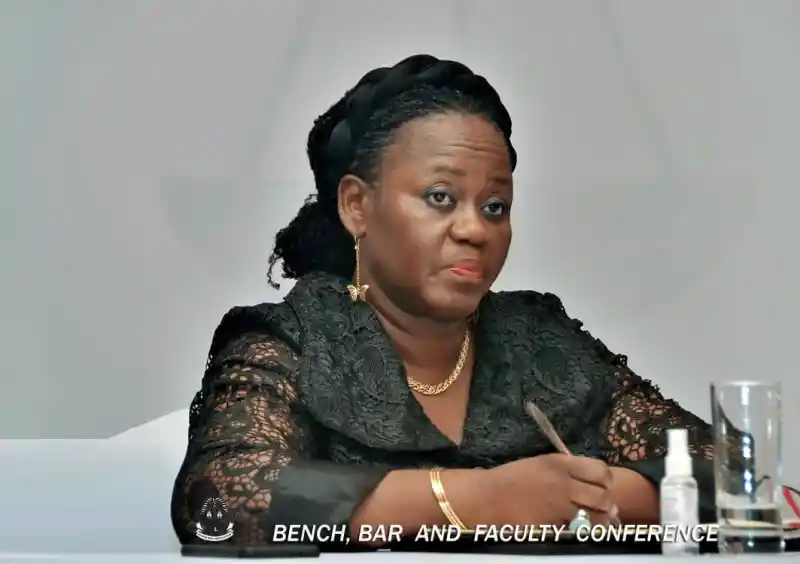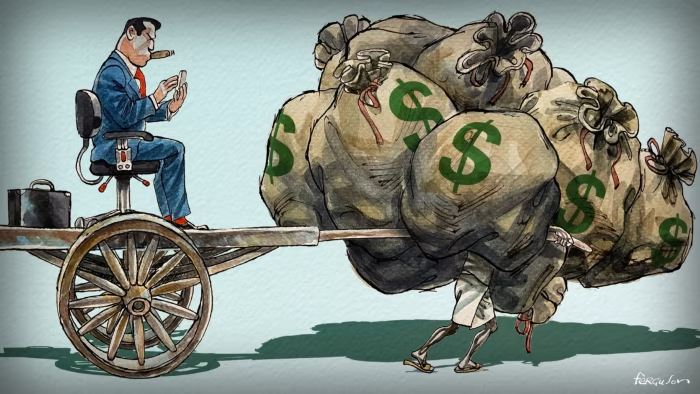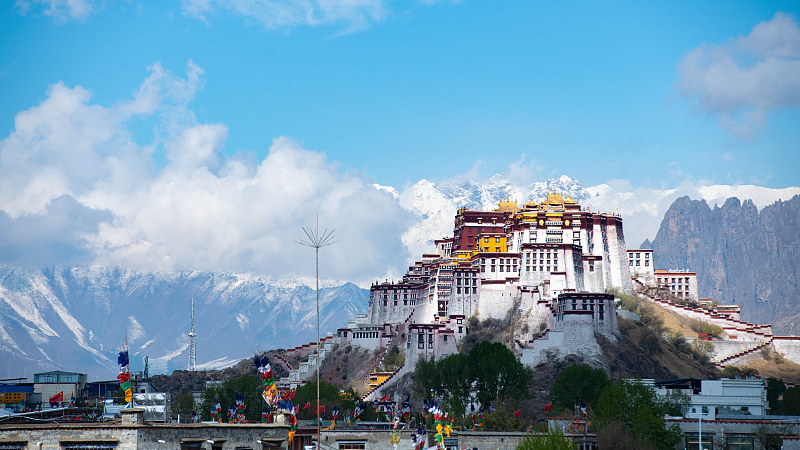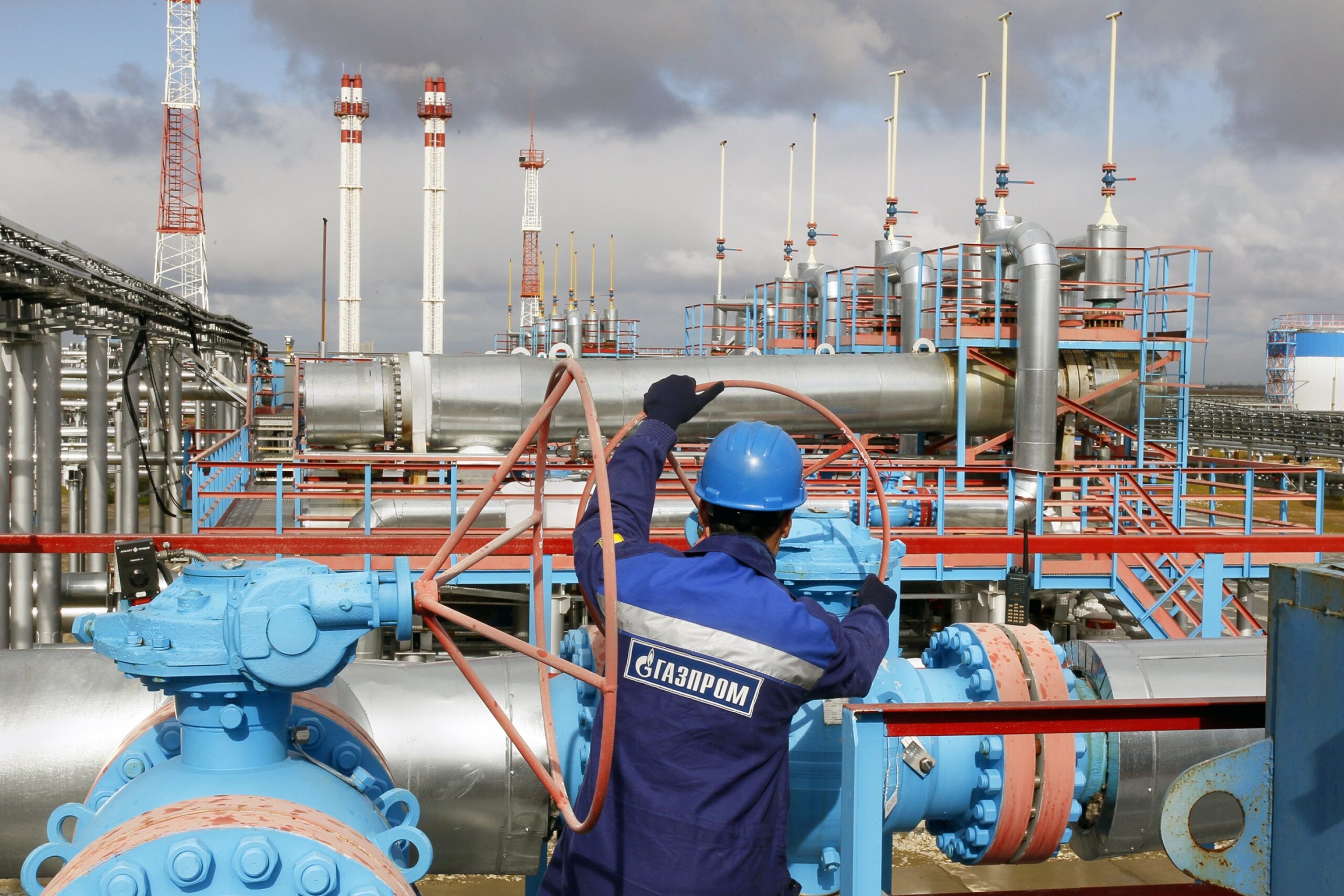By Adu Koranteng
On April 22, 2025, Ghanaians awoke to news that shook the very core of our democratic values: President John Dramani Mahama had suspended Chief Justice Gertrude Araba Esaaba Sackey Torkornoo following three petitions alleging misconduct.
While the constitutional process under Article 146 allows for such an action, the context, implications, and timing of this decision cast a long and troubling shadow over our judiciary.
Let us be clear: this is not just a legal issue—it is a moral and national crisis. The Chief Justice is not an ordinary officeholder.
She is the embodiment of impartial justice, the guardian of the Constitution, and the last line of defence against tyranny. To suspend her is to rattle the very balance of power that holds our democracy together.
For many, the emotional impact of this suspension is profound. It represents a betrayal of trust and a deep wound to the credibility of our institutions.
Ghana has always prided itself on being a democratic lighthouse in the region. But this act raises serious concerns about whether our judiciary is safe from political overreach.
It is important to emphasize that petitions alone do not equal guilt. Due process must prevail—but so must transparency. Unfortunately, the veil of secrecy around the allegations and the speed with which the suspension was executed have led many to question the true motives behind this move.
The Ghana Bar Association, civil society organizations, and constitutional experts have all called for strict adherence to the rule of law and caution against setting a dangerous precedent. Their concerns are not rooted in partisanship—they are rooted in the preservation of our fragile democratic gains.
Chief Justice Torkornoo is widely regarded as a jurist of integrity and intellectual strength. Her removal from office, even temporarily, must be subjected to the highest standards of accountability and fairness. Anything less would be a disservice to her legacy and an affront to the judiciary as a whole.
President Mahama must understand that his actions today will define his legacy tomorrow. The use of constitutional power must be matched by moral restraint and a deep respect for the institutions that safeguard our republic. This is not a moment for political expediency; it is a moment for national introspection.
As citizens, we must speak up—not out of political loyalty, but out of patriotic duty. If we allow political interests to weaken the independence of our courts, we risk losing the very freedoms the Constitution promises to protect.
Let this moment not be remembered as the day Ghana’s judiciary was diminished. Let it be remembered as the day Ghanaians rose to defend justice—calmly, courageously, and without compromise. Enditem
Email: [Adu Koranteng] korantengadu@gmail.com | Tel: +233 0208456817
Share Us



